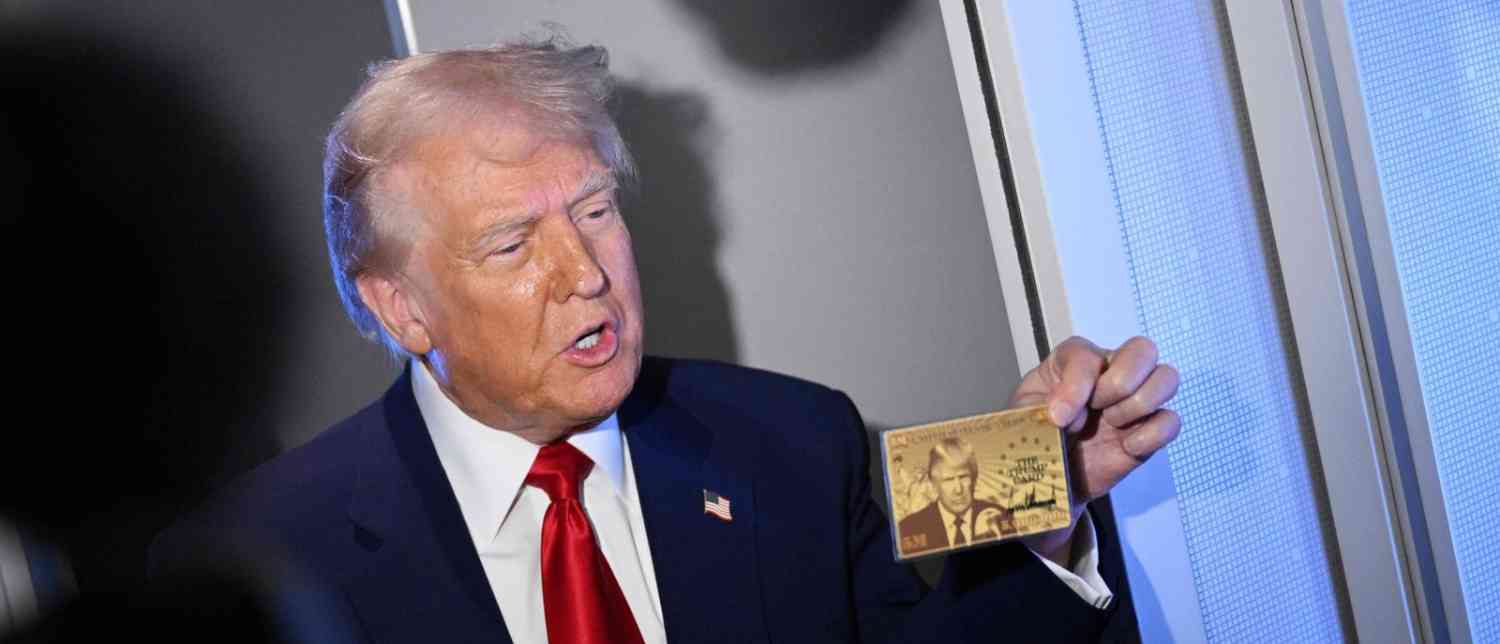The United States has introduced a new immigration policy that could reshape how foreign nationals apply for visas, green cards, and citizenship. The U.S. Citizenship and Immigration Services (USCIS) has announced that officers will now assess whether applicants have endorsed, promoted, supported, or otherwise espoused “anti-American, antisemitic, or terrorist ideologies” before granting immigration benefits.
While supporters argue this protects U.S. national security, critics warn it injects ambiguity, bias, and subjectivity into an already complex system, placing thousands of skilled foreign workers—especially those on H-1B visas—under greater uncertainty.
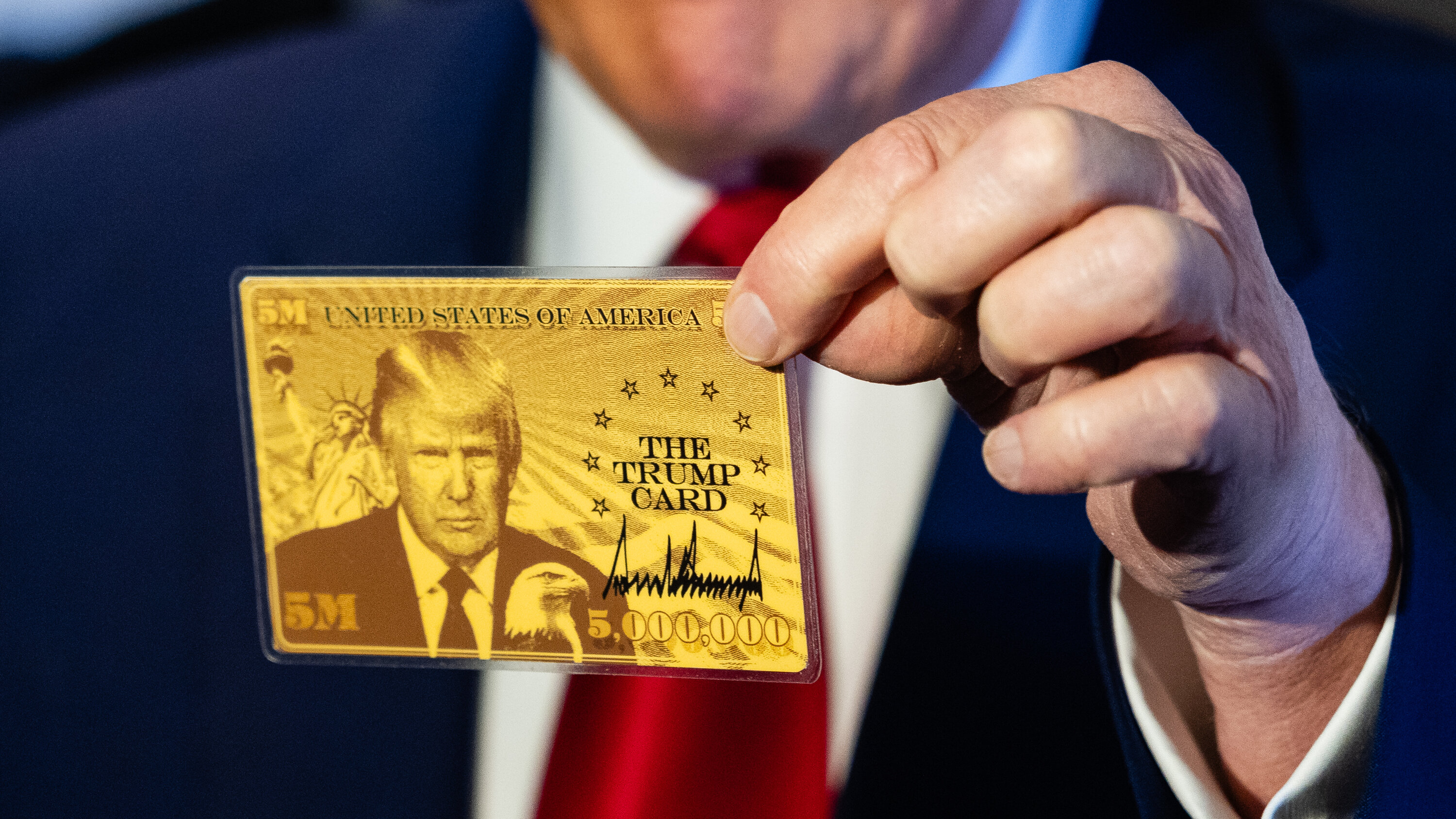
What the New Immigration Rule Says
According to USCIS, the updated policy guidance instructs officers to consider an applicant’s ideological stance when reviewing petitions for:
-
Work visas (H-1B, F, M, J)
-
Green cards
-
Employment authorizations
-
U.S. citizenship
Matthew Tragesser, spokesperson for USCIS, explained in an official release:
“America’s benefits should not be given to those who despise the country and promote anti-American ideologies. Immigration benefits—including to live and work in the United States—remain a privilege, not a right.”
The USCIS policy manual states that “anti-American activity will be an overwhelmingly negative factor in any discretionary analysis.”
However, what exactly counts as anti-Americanism remains undefined—granting immigration officers significant discretionary power.
What Could Be Labeled ‘Anti-American’?
While USCIS did not provide a precise definition, the policy manual refers to provisions in federal law that restrict naturalization for people who:
-
Oppose the U.S. government or law
-
Support totalitarian regimes or communism
-
Advocate the violent overthrow of the government
-
Incite violence against U.S. officials
USCIS also highlighted a broadened review of social media activity, warning that posts, hashtags, or public associations deemed “anti-American” could be considered red flags.
Under this policy, criticism of U.S. policies, protests, or political commentary could potentially be interpreted as disqualifying. For example:
-
A student posting controversial opinions about U.S. foreign policy
-
An H-1B worker participating in a peaceful protest
-
A social media comment critical of the government
All could theoretically invite scrutiny.
Immigration attorney Cyrus Mehta criticized the ambiguity sharply:
“Being critical of the Trump administration or any administration should not be deemed as anti-American. In fact, criticism and dissent are essential for democracy to grow and evolve.”
Another attorney sarcastically posted on social media:
“USCIS to deny green cards if applicants don’t clap loud enough for the national anthem; new rule requires immigrants to pretend they like ranch dressing.”
Jane Lilly Lopez, a Brigham Young University sociologist, told AP:
“They are opening the door for stereotypes and prejudice to take the wheel in these decisions. That’s really worrisome.”
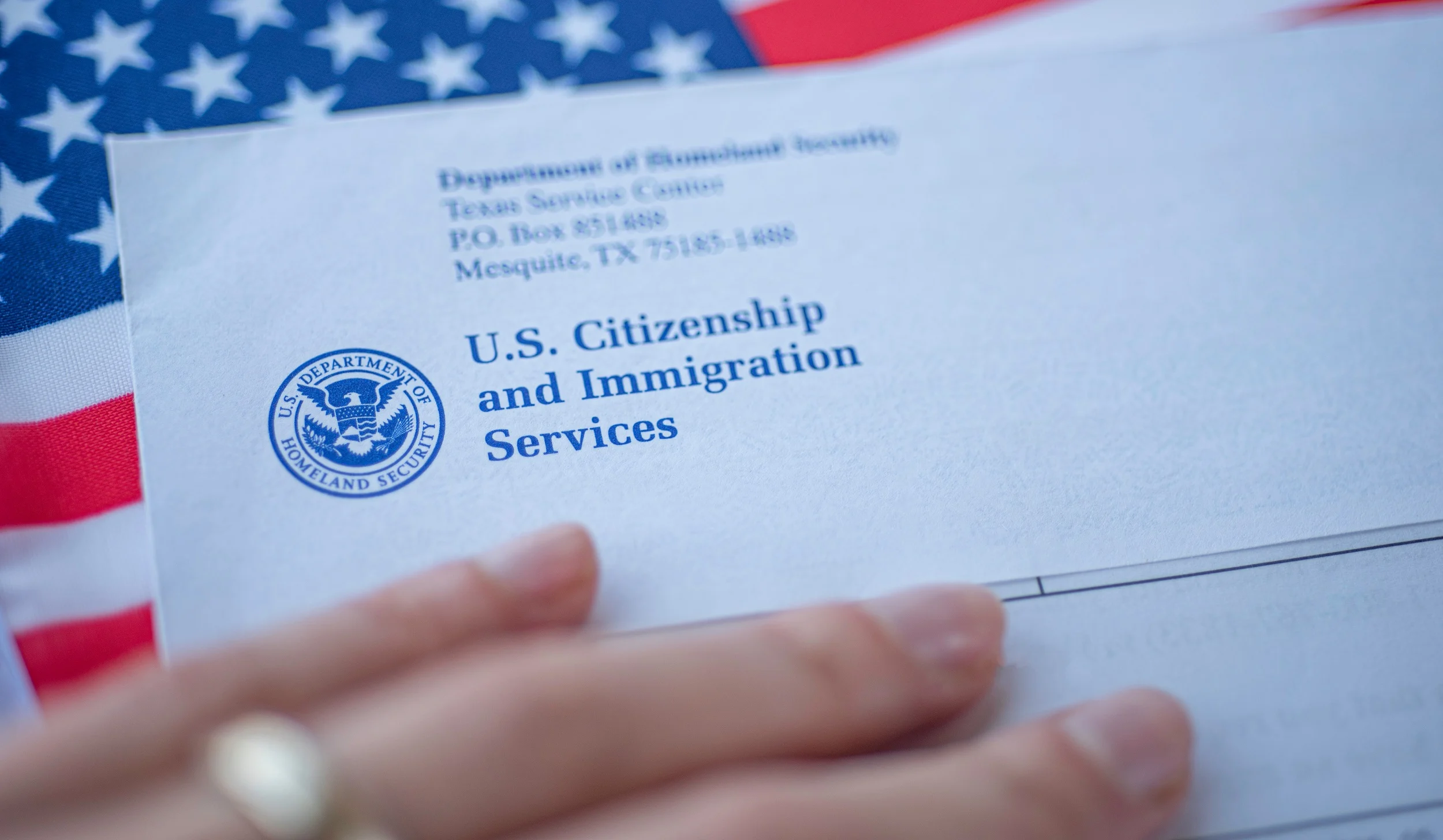
Why Critics Are Alarmed
Immigration advocates and legal experts worry this is less about national security and more about ideological vetting.
-
Risk of Bias and Stereotyping: “They are opening the door for stereotypes and prejudice to take the wheel in these decisions. That’s really worrisome,” said Jane Lilly Lopez, sociology professor at Brigham Young University.
-
Constitutional Concerns: USCIS argues that First Amendment free speech rights don’t apply to non-citizens outside the U.S. But advocates insist that anyone on U.S. soil—regardless of immigration status—is entitled to constitutional protections. Ruby Robinson, senior attorney at the Michigan Immigrant Rights Center, noted, “A lot of this administration’s activities infringe on constitutional rights and do need to be resolved in courts.”
-
Echoes of McCarthyism: Aaron Reichlin-Melnick of the American Immigration Council compared the move to the 1950s Red Scare, when Senator Joseph McCarthy hunted alleged communists:
“McCarthyism returns to immigration law. Anti-Americanism has no prior precedent in immigration law and its definition is entirely up to the Trump administration.”
The Constitutional Debate
The move also raises First Amendment concerns.
-
USCIS argues that free speech protections do not extend to non-citizens outside U.S. borders.
-
Immigration advocates counter that constitutional protections apply to all individuals on U.S. soil, regardless of status.
Ruby Robinson, senior attorney at the Michigan Immigrant Rights Center, said:
“A lot of this administration’s activities infringe on constitutional rights and do need to be resolved, ultimately, in courts.”
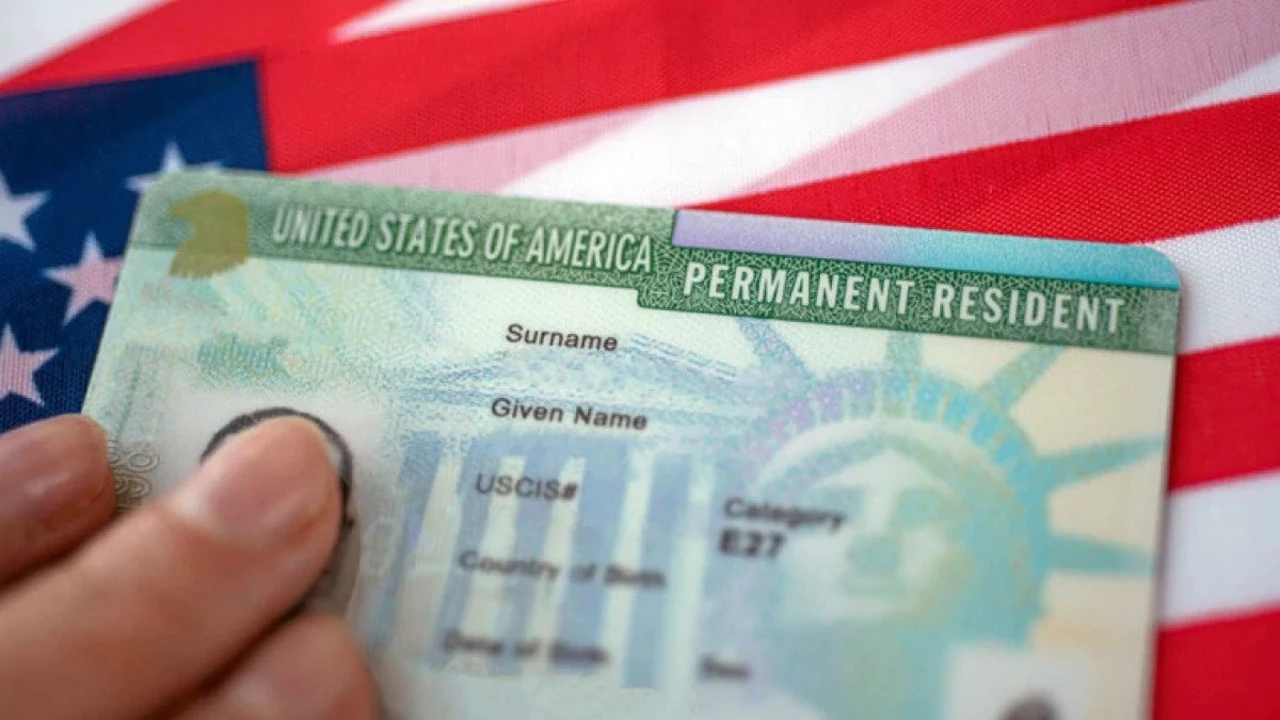
Part of a Larger Immigration Crackdown
The policy is not an isolated change but part of a broader tightening of immigration rules that began under Trump and continues to evolve:
-
Social Media Monitoring: USCIS now routinely checks applicants’ accounts. International students, H-1B applicants, and others are expected to keep profiles public during the vetting process.
-
Expanded Moral Character Assessments: The definition of “good moral character” has been broadened, considering both misconduct (DUIs, unpaid taxes) and positive contributions (education, employment).
-
Increased Discretion for Officers: Visa adjudication is becoming more subjective, with outcomes hinging on how an officer interprets an applicant’s ideology or behavior.
Immigration experts note that the administration has consistently aimed to “shrink the strike zone” by interpreting immigration rules more narrowly without changing the law itself.
Impact on Foreign Workers, Students, and Employers
For the thousands of highly skilled workers, especially those on H-1B visas, this change could be a game-changer.
-
Green Card Backlog Worsens: Indian H-1B holders already face decades-long waits for permanent residency. A single misinterpreted statement or social media post could now further delay or even derail applications.
-
Digital Conduct Matters: Immigration attorneys warn that even a meme, hashtag, or post critical of U.S. policy could be flagged. Employers sponsoring workers may now need to counsel staff about online behavior.
-
Workplace Activism Risks: Foreign employees joining protests or vocalizing political opinions could unknowingly jeopardize their immigration benefits.
-
Employer Liability and Hiring Delays: Tech companies relying heavily on global talent may face longer processing times, unexpected denials, and increased compliance burdens. As attorney Jaime Diez put it:
“People need to understand that we have a different system today. A lot more things that apply to U.S. citizens are not going to apply to somebody who’s trying to enter the United States.”
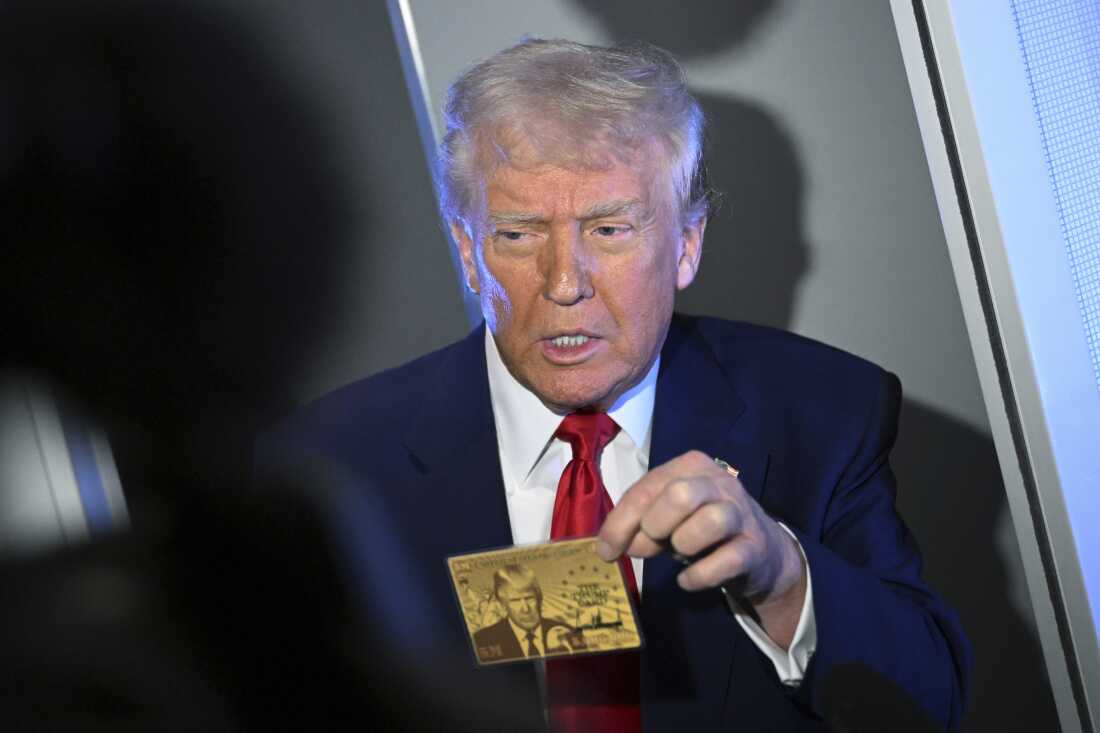
Bottom Line: Uncertainty Ahead
The new anti-American screening policy represents a significant shift in U.S. immigration law. By moving beyond traditional measures like criminal history or security risks and into the realm of personal beliefs and ideological alignment, it raises critical questions about free speech, fairness, and the role of dissent in democracy.
For immigrants, international students, and H-1B workers, this means:
-
Exercising extreme caution online and offline
-
Being mindful of protests, activism, or controversial discussions
-
Preparing for additional scrutiny in visa, green card, and citizenship applications
Supporters argue it strengthens national security. Critics counter it opens the floodgates for bias and discrimination. Either way, for the millions navigating the U.S. immigration system, the landscape has just become far more uncertain—and far more personal.
With inputs from agencies
Image Source: Multiple agencies
© Copyright 2025. All Rights Reserved. Powered by Vygr Media.

